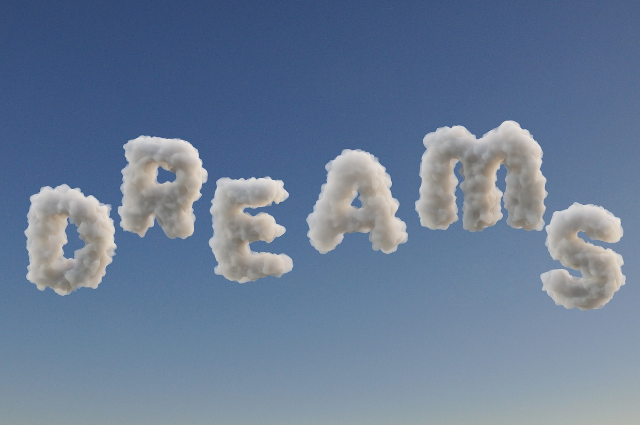
Adulthood tends to be viewed as a major milestone —a finish line that we sprint towards in childhood, seeking independence, self-discovery, and freedom. It’s finally the moment when you can truly make your own decisions, chase dreams of your own making, and live life on your terms. However, once the dust of growing up settles, we start realising that adulthood is much less about grand victories and far more about silent daily struggles – who we are, who we were, and who we are trying to become.
Your passage into adulthood will often not begin with a bang but instead with a whisper — marked by quieter celebration, subtler shifts, paying your bills, answering tough emails, relationship management and maturing friendships. Managing your meals, cooking, along worrying about the future at 2 AM, and then showing up promptly at 9 AM sharp. This space consists of reality-anchored aspirations: freedom tethered to responsibility-dreams overshadowed by deadlines.
Making decisions is one of the challenging parts of adulthood, and it starts with becoming self-reliant. It is unescorted by parents or parental figures or any kind of mentor. Active adults need to select career paths, life partners, personal relations, calendars, and even meals for each day. This charts the course of your life. Too many options can be intoxicating at first, as stepping out on your newfound freedom, but the needs significantly rise alone, and decision paralysis becomes an issue.
We live in a certain society that has its morals and expectations by social standards. During certain stages, which are defined hierarchically, too. Social pressure takes a toll as well. At a specific age, societal expectations demand a checklist to be completed: employment, marriage, financial milestones, and emotional stability. What people don’t see is the anxiety, loneliness, or life without a map that many adults silently battle with behind closed doors. The 'lost' feeling in adulthood often comes when individuals are expected to have everything 'figured out.'
Friendships turn into romantic relationships, which require deeper understanding. As priorities shift, these relationships do too, which can lead to the thinning out of friends. Parents can either become more stoic and distant or show more compassion and warmth, which facilitates family members becoming easier to relate to or much harder as they mature.
Self-worth becomes critical around this point in time. Mental health as a whole becomes super important during adulthood since it's one of the most overwhelmed segments of society due to having the multitude of roles to assume, like employee, partner, sibling or friend, and constantly harnessing these roles leads to exhaustion. Resting, unfortunately, is perceived as unproductive, so burnouts are on the rise alongside self-inflicted doubt about performance per questionable standard of competing expectation levels.
Though things may be hectic, there is a gentle calm to the beauty that adulthood brings. Showering life and doing mundane chores becomes proudly reaping rewards, receiving pleasant texts from loved ones acknowledging thanks for simple achievements, parent calls praising your efforts, following recipes painstakingly held off during childhood that worked under a new magic spell, casting, keeping pots and pans in kind ovens. The healing understanding brought along sibling support, hyping every productive step claw. One of the most liberating truths brought about by adulthood is that nobody has everything figured out and perfect in their lives as everyone portrays it to be. Beneath the sea of curated Instagram posts and confident grins lie people struggling with their problems. The ability to shape one’s life comes as both a burden and a gift, but somewhere within that statement, surrounding growth lies the truth. Adulthood also gives new meaning to success. Success used to be grades, trophies, or compliments. But in adulthood, success starts to resemble being emotionally grounded, opting for peace instead of chaos, or saying "no" without guilt. It means healing generational trauma, getting your finances in check, creating peace with your past, or hell, keeping your plants alive. These tiny triumphs have value, even if nobody is applauding.
Another under-discussed aspect of being an adult is grief — not only of losing individuals, but of releasing versions of yourself, of friendships that dissolve, and dreams that no longer belong to you. Being an adult is about growing out of spaces and individuals, sometimes aching. And that, too, is okay. Release is also growth.
You also learn to love being alone, not loneliness, but as a time of reflection and connection with yourself. You start loving your presence — drinking coffee by yourself, strolling without earbuds, and hanging out with your thoughts. These peaceful moments mould you.
Above all, adulthood shows you how to appreciate time. You know that energy is finite, and not everything is worth your time. You learn to go for quality over quantity — in work, in friendship, in love.
Adulthood isn't a destination; it's an ongoing process of becoming. It's the gradual unfolding of your truest self, usually through silence and survival.
